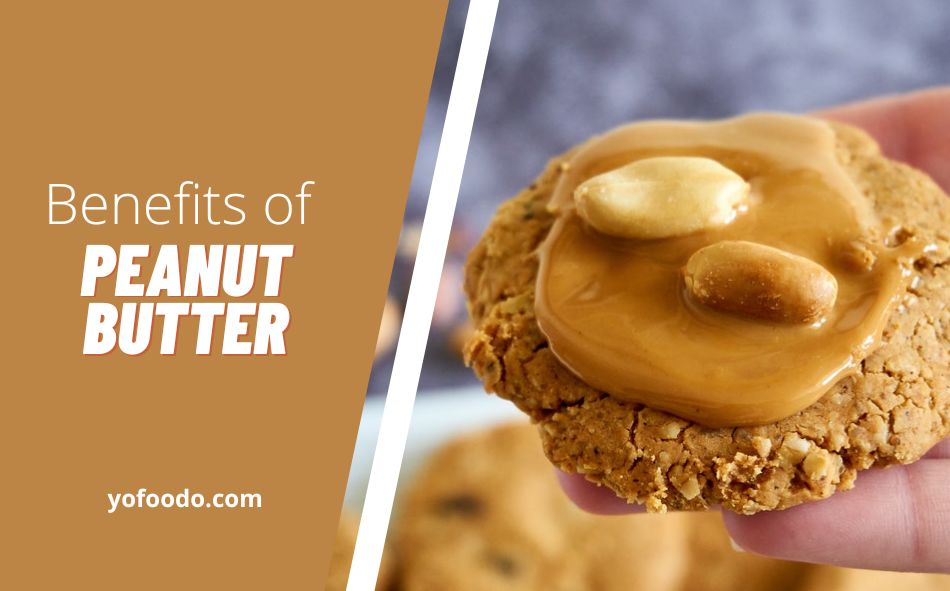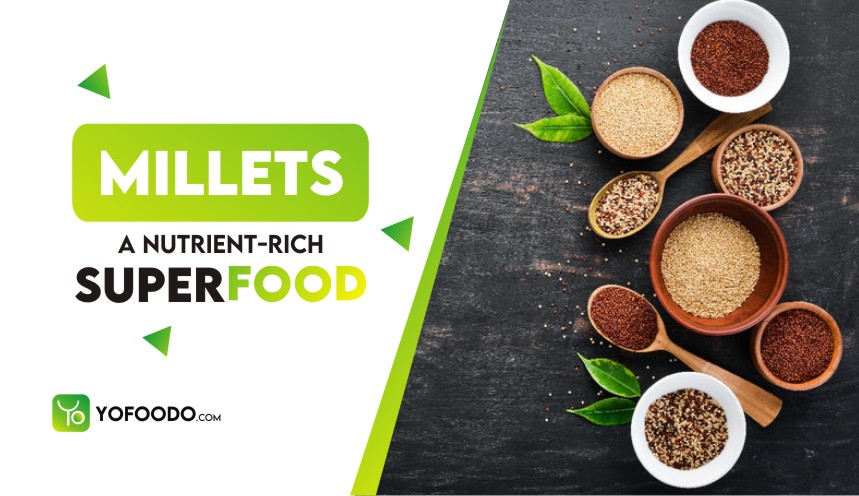Benefits of Peanut butter, Peanut butter, Healthy Peanut Butter, Pure Peanut butter, Peanut Butter facts.
Peanut butter is a food paste that is usually made with ground dry roasted peanuts. It may also contain oils and other ingredients, including salt. Peanut butter is essential to a variety of foods, including sandwiches and desserts. Peanut butter has many health benefits, as long as it contains no added sugars or hydrogenated oils. Not only does it have protein, which can help you feel full and energized throughout the day, but peanut butter can also be good for your heart, reduce inflammation and even prevent cancer from developing.
Peanut butter is a great source of protein.
Peanut butter is a great source of protein. It contains 8 grams of protein in 2 tablespoons (30 ml), which is about the amount in an egg. The protein in peanut butter is complete, meaning that it contains all essential amino acids your body needs to build muscle, repair tissue and form antibodies.
Peanut Butter also has fiber, healthy fats and vitamins and minerals—all things you need to keep your heart healthy. These nutrients help lower cholesterol levels and reduce the risk of stroke by keeping blood vessels flexible. They also keep blood sugar levels stable so you don’t have mood swings or energy crashes throughout the day!
Peanut butter is good for the heart.
Peanut butter is a rich source of mono unsaturated fatty acids, polyunsaturated fatty acids, and omega-3 fatty acids. These fats are good for the heart. They lower bad cholesterol levels in the blood, help prevent artery blockages that could lead to heart attacks or strokes, and even lower blood pressure by relaxing your blood vessels.

- Mono unsaturated fats: This type of healthy fat is found in foods like peanut butter that contain unsaturated fats as well. These are also called “polyunsaturates” because they have more than one double bond between carbon atoms of their molecules (similar to how saturated fats have no double bonds). Mono unsaturatereduce total cholesterol levels by decreasing LDL (“bad”) cholesterol while increasing HDL (“good”) cholesterol levels in the body.* Polyunsaturated fats: Peanut butter contains both omega-3 and omega-6 PUFAs in addition to monounsaturated fat.* Omega-3 PUFAs: These are essential fatty acids which can only be obtained through diet since they cannot be made by our bodies
Peanuts contain beneficial nutrients.
Peanuts are rich in protein, healthy fats and vitamins and minerals. Peanut butter contains a good amount of fiber, which is important for proper digestion. It also contains antioxidants like resveratrol and arginine that may help prevent cancer.
Peanut butter can be used to make sandwiches or as a dip for fruits or vegetables. Peanut butter is also a source of protein that can be added to smoothies or yogurt instead of milk or cream if you want a thicker texture!
Researchers have confirmed that peanuts are good for you.
Peanuts are a great source of protein and healthy fats. They play an important role in the prevention of heart disease, with their high levels of monounsaturated fats and the fact that they contain more antioxidants than any other nut.
They have also been shown to help prevent cancer. Researchers have confirmed that peanuts can reduce your risk for colorectal cancer by up to 20%. Eating peanuts has also been shown to lower your risk for lung cancer by 25%. Finally, eating peanut butter may even lower your risk of dying from any cause! Eating 2 servings per week was found to reduce the risk by 15%, while eating at least 4 servings per week was associated with an 18% reduction in overall mortality rate over a 20 year period (1).
Peanut butter is rich in antioxidants.
Antioxidants are important for good health. They protect the body from damage by free radicals and help to slow down the aging process. They also help prevent diseases like cancer, heart disease and diabetes. Peanuts contain many antioxidants which are good for your overall health!
Peanuts can bolster the immune system.
Peanuts are a good source of vitamin E, which helps to protect cells from free-radical damage. They are also a good source of vitamin B6, which helps with red blood cell formation, energy production and proper nerve function. Peanuts contain folate, a nutrient that has been shown to reduce the risk for heart disease and stroke by lowering levels of homocysteine in the blood. Folate is needed to make DNA and RNA (nucleic acids), as well as certain amino acids (building blocks for proteins). Fiber is an important nutrient because it helps prevent constipation, hemorrhoids and diverticulosis (small pouches in the colon wall). Choline is another important nutrient found in peanuts; choline can help lower LDL “bad” cholesterol levels by preventing it from being absorbed by the body while increasing HDL “good” cholesterol levels.
Some compounds found in peanuts could help prevent Alzheimer’s disease.
Peanuts are a good source of resveratrol, a compound that could help prevent Alzheimer’s disease. Resveratrol has also been shown to be beneficial to the heart and immune system.
Peanut butter can be very healthy when eaten in moderation.
Peanut butter is a good source of protein, which helps to build muscles and maintain the body’s organs. It also contains healthful fats that can help keep you feeling full longer.
Peanuts contain a number of beneficial nutrients, including fiber, niacin (vitamin B3), folate (folic acid), magnesium and potassium. These nutrients play an important role in helping maintain normal blood pressure levels, regulate blood sugar levels and reduce tiredness or fatigue caused by exercise or illness.
Peanut butter can bolster the immune system as its high content of vitamin E acts as an antioxidant that protects against free radicals – unstable molecules involved in cell damage – from damaging cells within your body’s tissues such as those found in skin cells which may lead to premature aging if not neutralized by antioxidants such as vitamin E. Additionally some compounds found in peanuts could help prevent Alzheimer’s disease; according to a study published recently in JAMA Neurology researchers at Rush University Medical Center found that older adults who ate more than one serving of nuts per week were less likely than people who rarely ate them (less than one serving per month) to develop dementia over 20 years later
Conclusion
So many people enjoy the wonderful taste of peanut butter that it’s hard to believe it could be healthy for you. But, as we’ve seen from the studies, peanuts are packed with protein and other important nutrients. They also happen to taste great! There are very few foods that can say that about themselves. If you’re looking for a delicious snack with some real health benefits, try peanut butter next time




